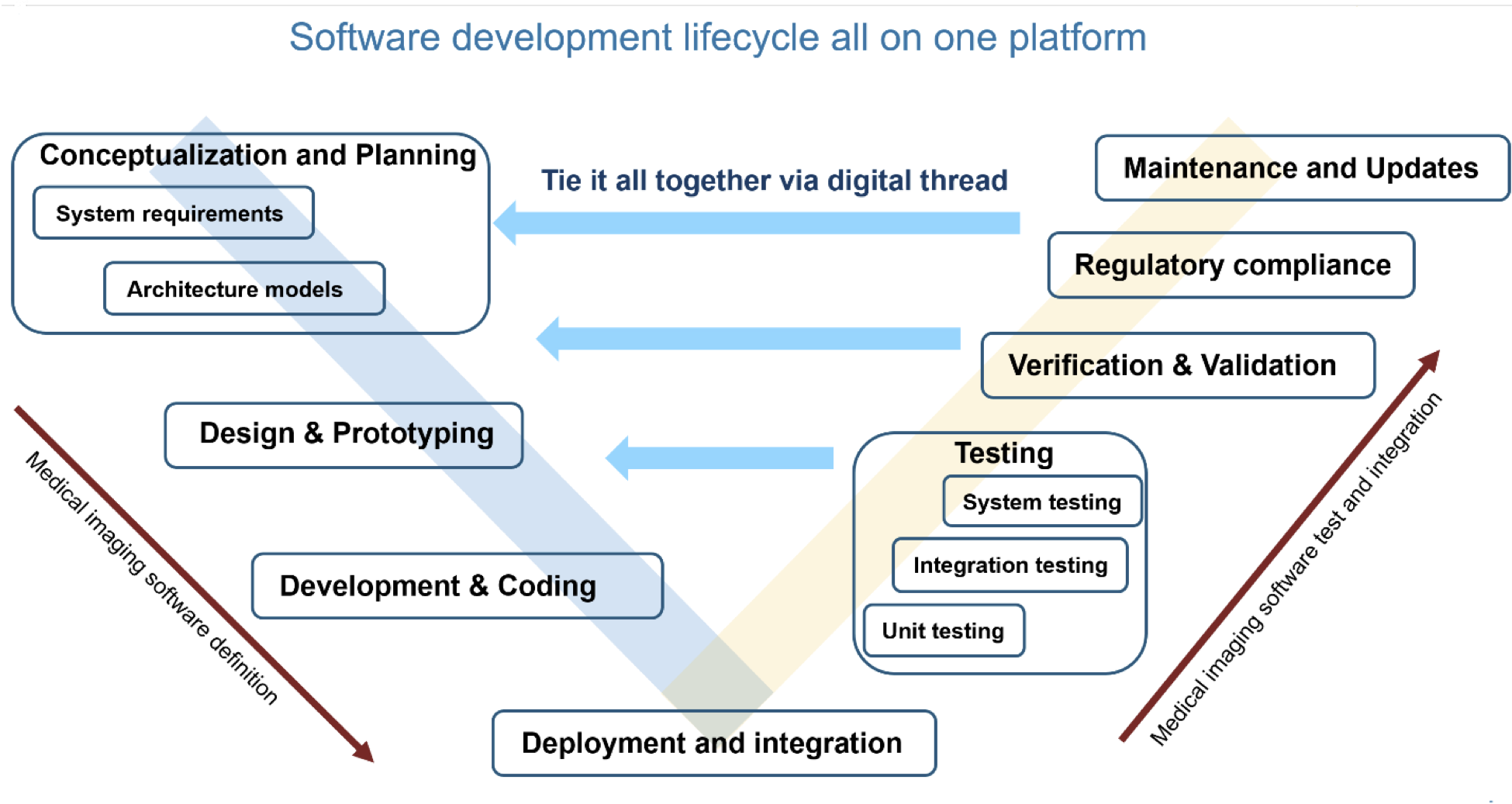Title: Embracing the Era of Smart Automation: How Jenkins Transforms Software Development Lifecycle
Jenkins, a popular open-source automation server, is revolutionizing software development lifecycle by embracing the era of smart automation. With its powerful features such as continuous integration, continuous delivery (CI/CD), and artifact management, Jenkins enables developers to automate repetitive tasks, streamline the testing process, and manage code changes more efficiently. This not only improves productivity but also reduces the risk of human errors and ensures faster time-to-market for applications. Additionally, Jenkins provides a wide range of plugins that can be customized to meet specific project requirements. For example, there are plugins available for building Docker containers, deploying to cloud platforms, and executing tests on mobile devices. As the demand for software continues to grow, Jenkins is becoming an essential tool for teams looking to optimize their software development process and stay ahead of the competition. In conclusion, Jenkins' embrace of smart automation is transforming the way software is developed and delivered, making it easier for developers to create high-quality applications with faster release cycles.
As the digital landscape continues to evolve, software development teams are increasingly looking for ways to streamline their workflows and improve efficiency. One tool that has gained significant popularity in recent years is Jenkins, an open-source automation server that allows developers to automate various aspects of the software development lifecycle (SDLC). In this article, we will explore how Jenkins has transformed the way software development teams work, the benefits it offers, and the future of this innovative technology.

Jenkins: An Overview
Jenkins is an open-source automation server that helps developers manage and automate the entire software development lifecycle. It was first released in 2004 and has since become one of the most widely used tools in the software development community. Jenkins can be installed on a variety of operating systems, including Windows, macOS, and Linux, and can be accessed from any device with an internet connection.
One of the key features that sets Jenkins apart from other automation tools is its flexibility. Jenkins can be customized to suit the specific needs of a development team, allowing them to automate tasks such as building, testing, deployment, and continuous integration (CI). This means that developers can spend more time on creative tasks, such as coding and designing new features, rather than spending endless hours on manual processes.
The Benefits of Using Jenkins
There are numerous benefits to using Jenkins in your software development process. Some of the most notable advantages include:
1、Increased efficiency: By automating repetitive tasks such as building, testing, and deployment, Jenkins frees up developers' time, allowing them to focus on more complex tasks. This results in faster development cycles and improved productivity.
2、Improved code quality: Jenkins can be configured to run tests automatically whenever code is pushed to a repository. This ensures that every change is thoroughly tested before it is merged into the main codebase, reducing the risk of introducing bugs and improving overall code quality.
3、Simplified deployment: Jenkins can be used to automate the deployment process, ensuring that applications are deployed to production quickly and reliably. This reduces the risk of downtime and improves user satisfaction.
4、Better collaboration: By sharing automated tasks between team members, Jenkins promotes better communication and collaboration within development teams. Developers can easily access each other's work and provide feedback, leading to faster resolution of issues and improved overall teamwork.
5、Scalability: Jenkins can scale to accommodate the needs of even the largest development teams. As your team grows, you can easily add more resources to Jenkins to keep up with demand.

The Future of Jenkins
While Jenkins has already made a significant impact on the software development industry, its potential for growth remains vast. As organizations continue to embrace automation and DevOps practices, there will be increasing demand for tools like Jenkins that can help streamline these processes. Some of the future developments we can expect to see in Jenkins include:
1、Enhanced AI and machine learning capabilities: As AI and machine learning technologies become more advanced, we can expect Jenkins to incorporate these capabilities into its core functionality. This could include features such as automated code analysis, predictive build optimization, and automated issue resolution based on machine learning algorithms.
2、Expanded integration with modern development tools: Jenkins is constantly evolving, and we can expect it to integrate more closely with popular development tools like GitLab, Jira, and Confluence in the coming years. This will make it even easier for developers to use and maintain Jenkins as part of their existing workflows.
3、Seamless migration to cloud-based platforms: As more organizations move their infrastructure to the cloud, we can expect Jenkins to offer native support for popular cloud providers like Amazon Web Services (AWS), Microsoft Azure, and Google Cloud Platform (GCP). This will make it easier for teams to deploy and manage Jenkins instances in the cloud without needing to worry about compatibility issues or other complexities.
4、New security features: As cyber threats become increasingly sophisticated, developers will need robust security features in their automation tools like Jenkins. We can expect to see new security measures added over time to ensure that Jenkins continues to meet the highest standards for data privacy and protection.
Conclusion
Jenkins has revolutionized the software development process by providing developers with a powerful tool for automating various aspects of their work. Its flexibility, scalability, and ease of use have made it a popular choice among development teams worldwide. As organizations continue to embrace automation and DevOps practices, we can expect Jenkins to play an increasingly important role in helping teams stay ahead of the curve.
Articles related to the knowledge points of this article::
Title: The Art of Jousen Ties: An Ode to the Timeless Elegance
Title: The Predicament of a Too Tight Tie
The Story of a Tie Brand: From Traditional to Modern
Title: The Timeless Allure of Traditional Mens Ties
Title: Exploring the Timeless allure of Guo Tao Ties
Title: The Art of Tie Knots: A Guide to Mastering the Art of tying a 领带ade



